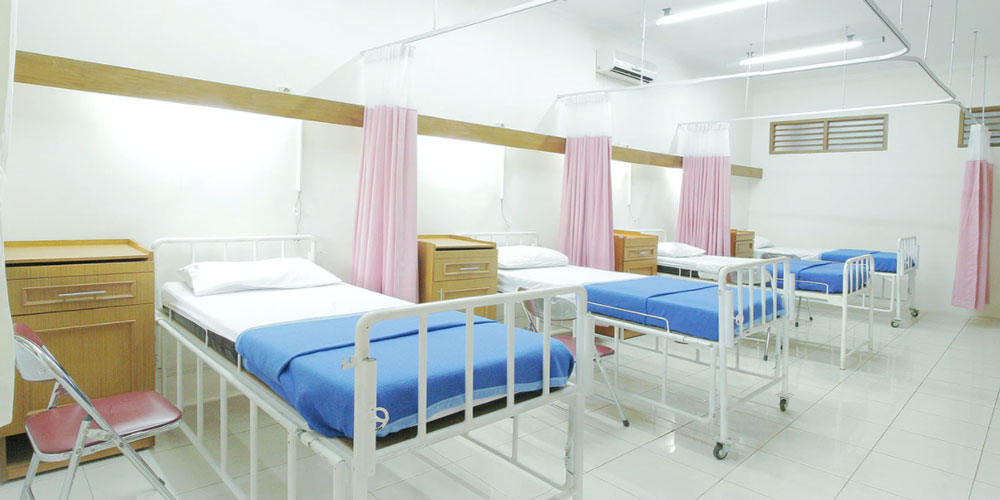
With 40% of COVID deaths being among diabetics, forcing everybody to do (or not do) things is not justified.
There is a very strong case for diabetics to be vaccinated against COVID-19, as Dennis Thompson reports for HealthDay News:
About 40% of deaths from COVID-19 in the United States were among diabetics, a “really quite sobering” statistic that should prompt people with the ailment to get vaccinated, said Dr. Robert Gabbay, chief scientific and medical officer for the American Diabetes Association.
“I can’t say this strongly enough — if you have diabetes, get vaccinated. Speak to your health care provider, discuss your concerns,” Gabbay said during a HealthDay Now interview.
“With the risk of hospitalization and death related to COVID-19 six to 12 times higher in people with diabetes, it’s time to get vaccinated,” Gabbay said.
According to the CDC, about one in ten Americans has diabetes. The other side of the coin, when protective measures are shown to be especially necessary for specific vulnerable groups, is that they are not as necessary for anybody who isn’t on the list — in this case, the other nine in ten. That goes for masks, social distancing, social isolation, and all the rest.
The head of a private school recently assured me that his institution wouldn’t force children to mask based on their vaccination status, which is nice from a certain point of view, but refusing to distinguish between people is not rational. This principle holds when it comes to distinguishing between vulnerable adults and not-vulnerable children. The default, then, should be no masks required for any children, although everybody should make a point of accommodating the choices of those who are at elevated risk.
Thompson’s article goes on to report that the American Diabetes Association found 25% of people “were not able to easily purchase healthy food during the pandemic.” Food. Devices. Doctor visits. Also, when the economy is less active, medicines like insulin are less available. When life becomes harder for everybody, research and innovation slow down.
The best thing we can do as a society for vulnerable people (whether we’re talking health or finances or any other point of vulnerability) is to keep everything flowing without unjustifiable obstacles.
Featured image by Adhy Savala on Unsplash.
